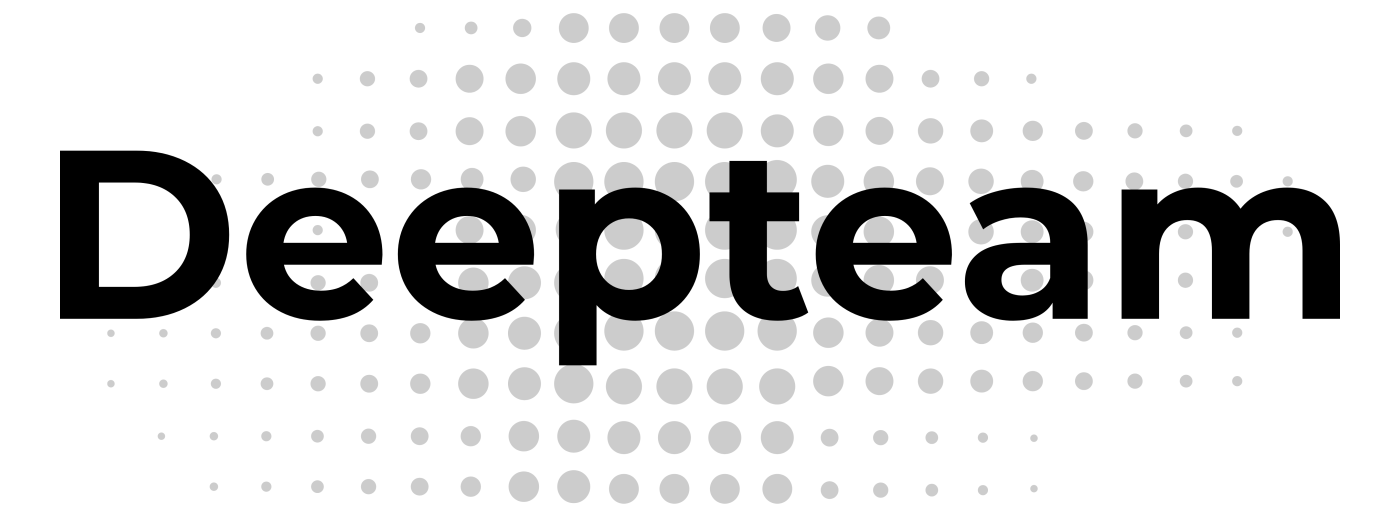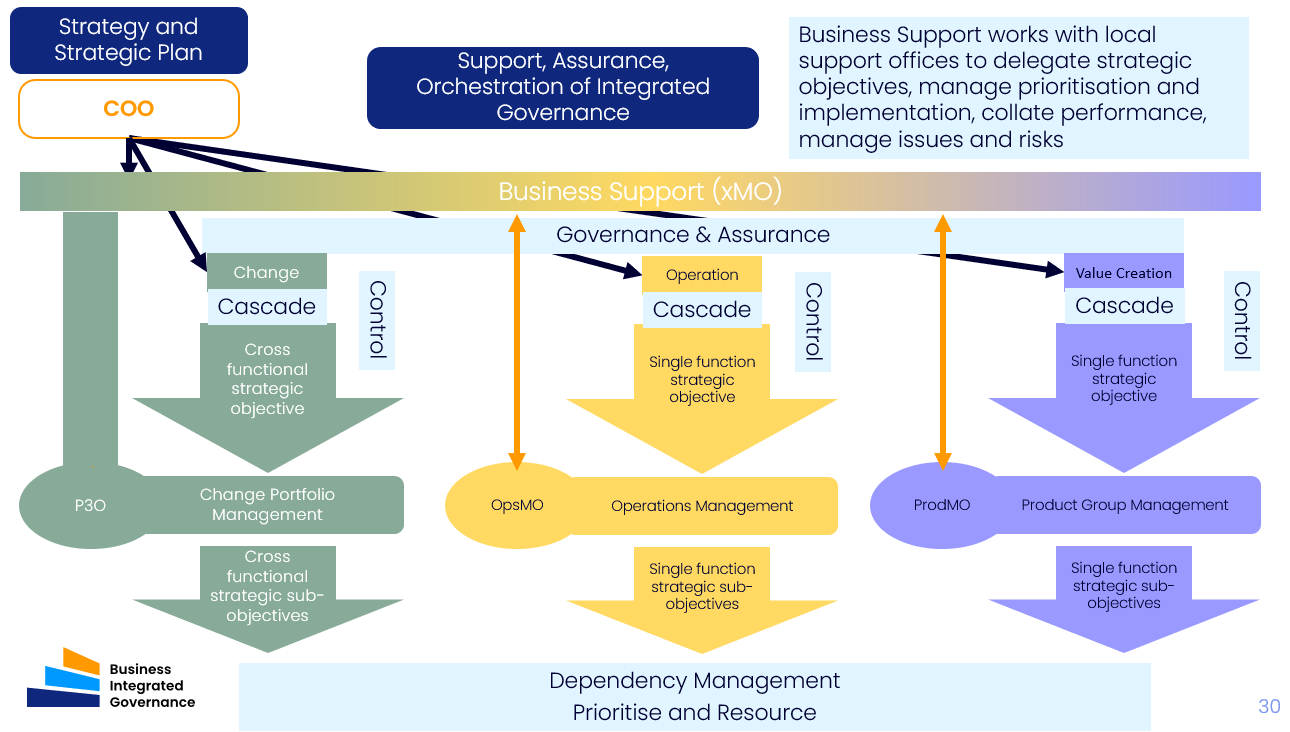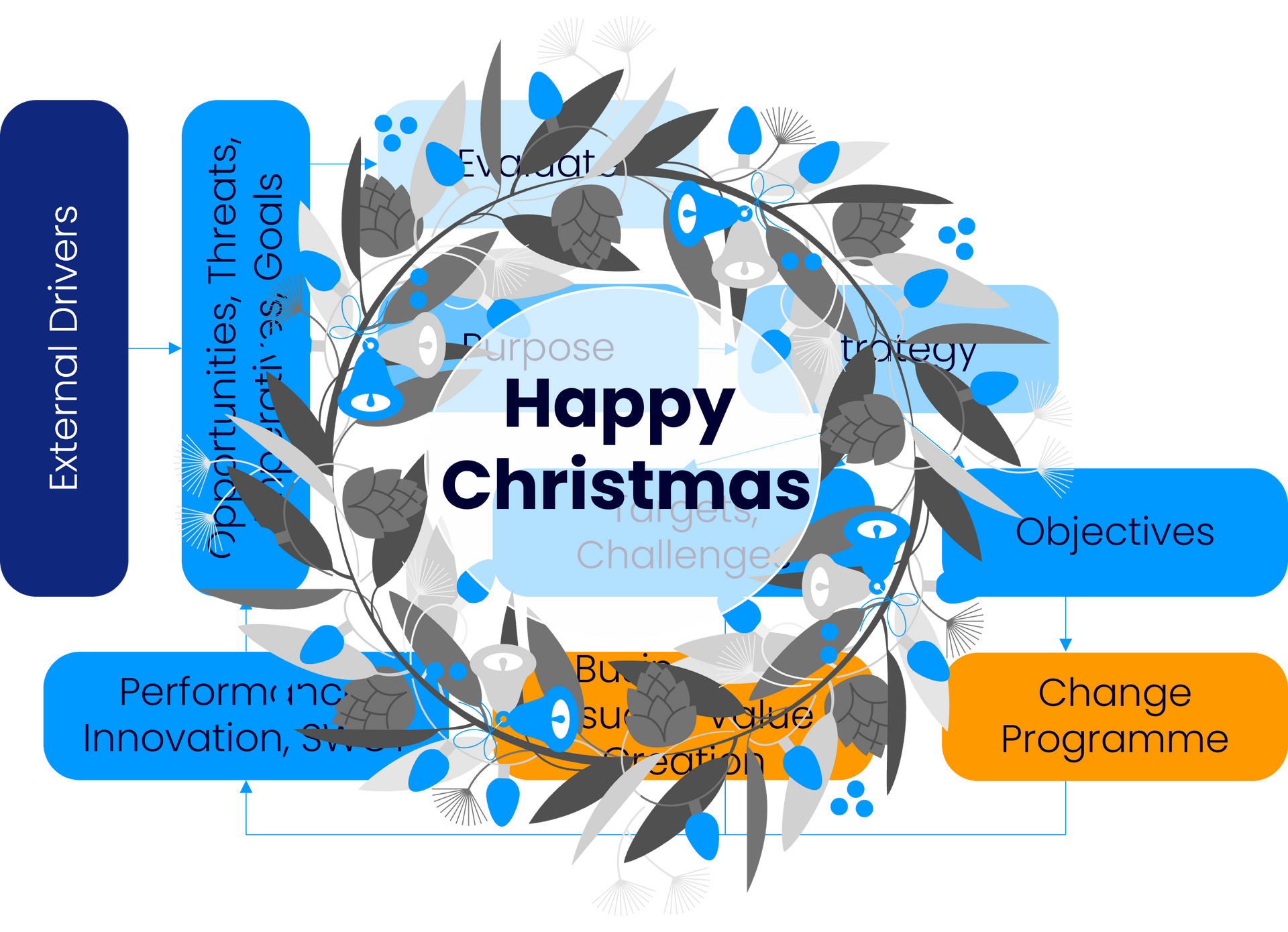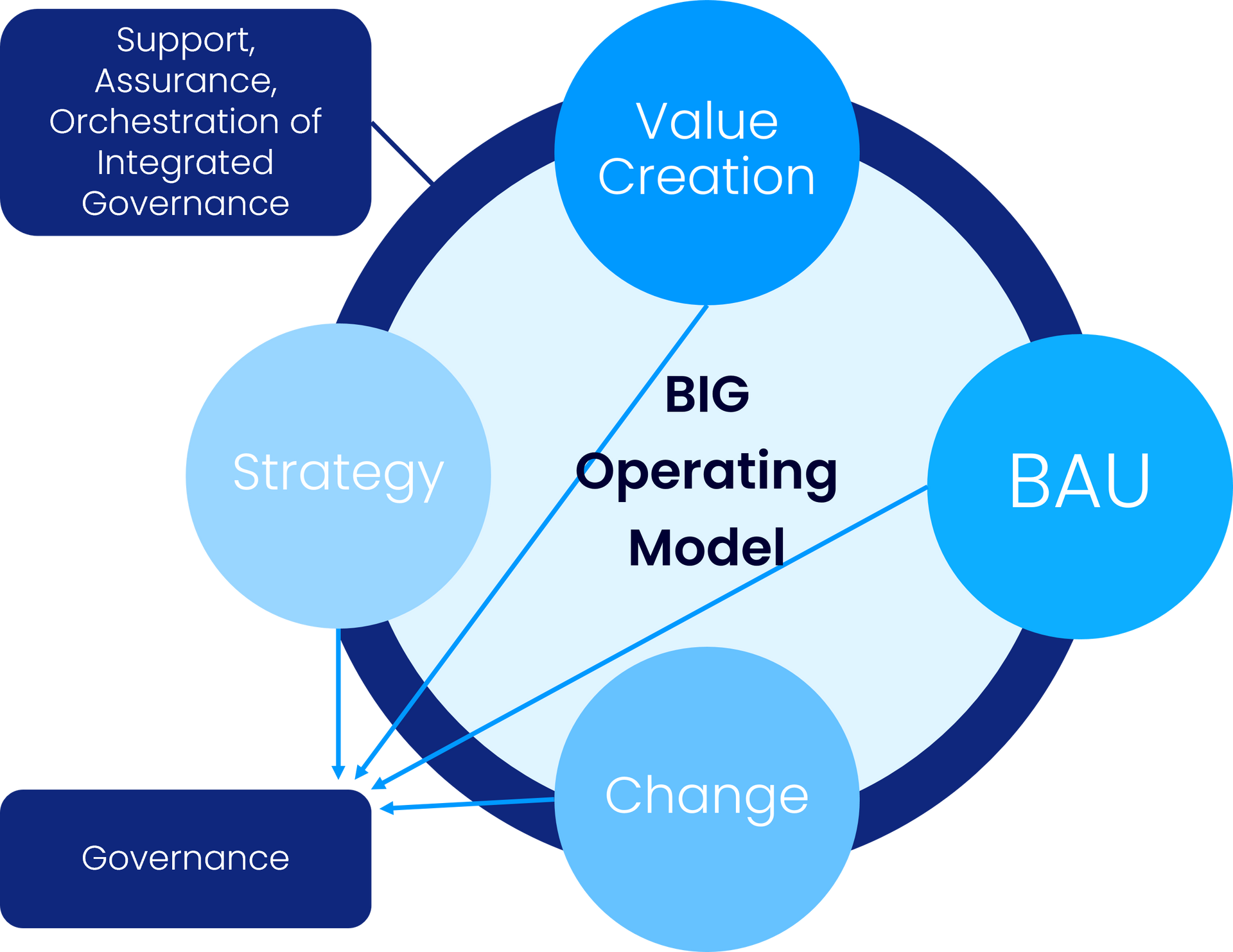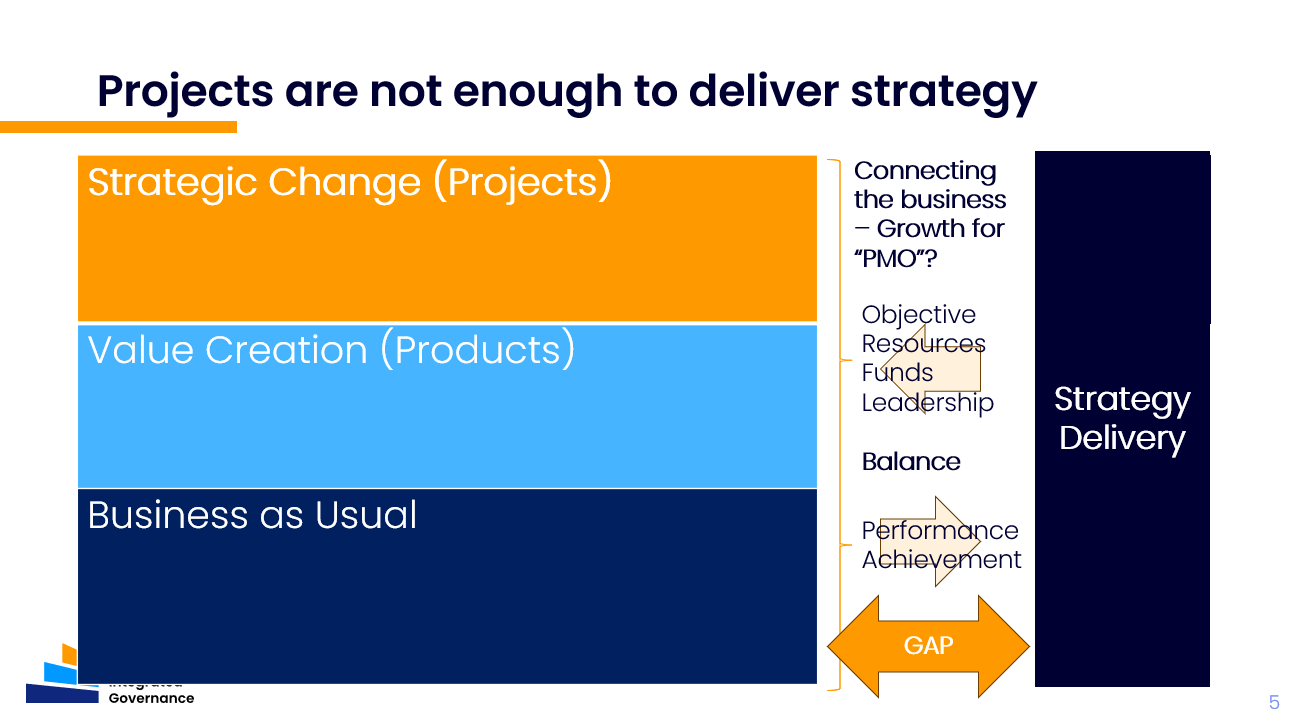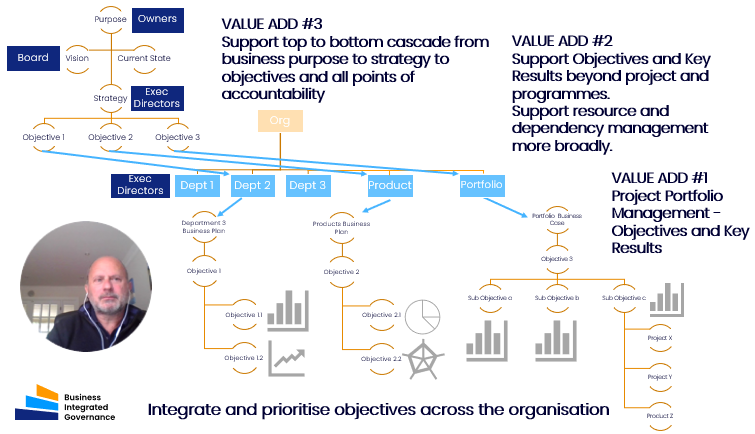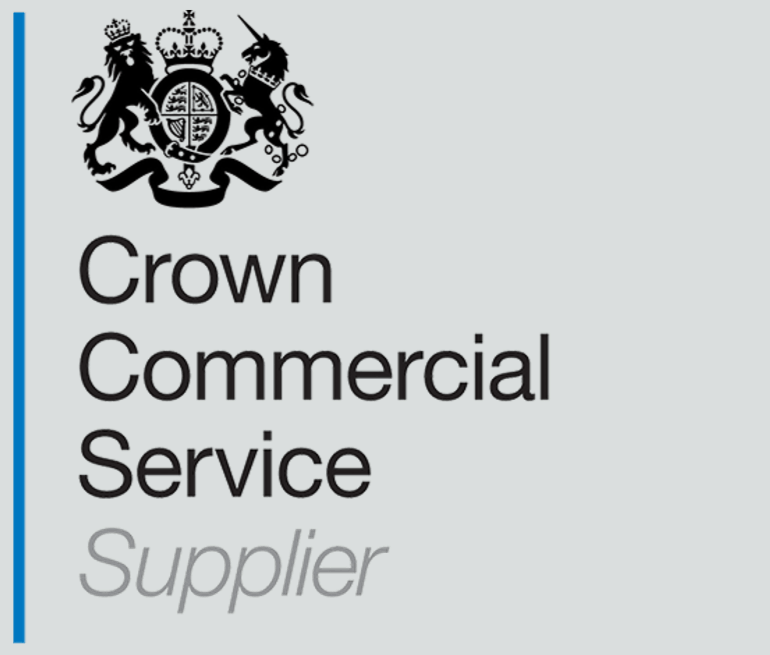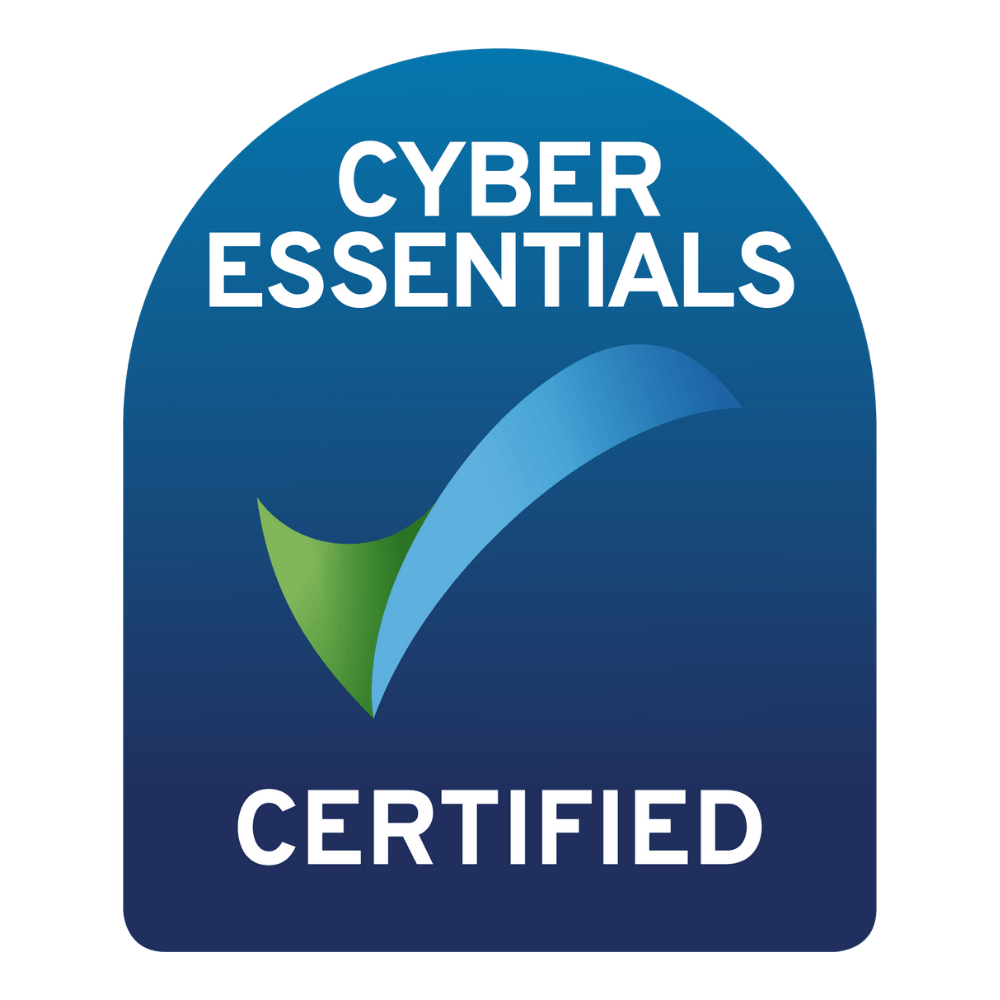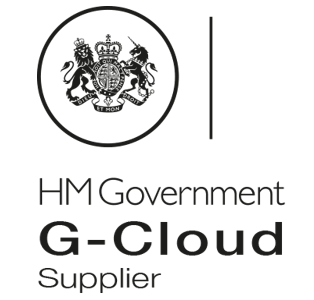Happy New Year!
Time to start business planning?
Article prepared by:
David Dunning – lead author, Business Integrated Governance
At this time of year, many organisations think about a business plan for the next financial year. Is this simply a budgeting process, a way to set a performance baseline, or do you drive strategy via a business plan?

Whether your business planning only or mostly happens once a year, or is completely ‘dynamic’ – there are many challenges – before we start ‘planning’, do we:
- understand the goals of the business owners (and major stakeholders) for whom we are operating?
- have a clear purpose and vision for the organisation?
- have a clear perspective on the corporate opportunities, threats, and imperatives, can we incorporate innovation?
How can we expect our managers to operate and take the organisation forwards if we are not clear on these matters?
Furthermore - we are not starting our business planning from scratch - we are already mid-change on current initiatives, operating, and delivering / developing assets products. Do we:
- understand the status of
- business case for the current strategic change objectives related to current vision. Perhaps this is a time to accelerate or cull?
- scope / service level of our business functions, and are they performing against objectives? Do we need to tinker with roles and responsibilities?
- value streams performance against objectives? Are we considering investment / end of life activity?
What is your measure of strategy delivery performance? Are you on top of it?
If we are struggling to answer any of these questions – that is a result of our existing ‘ecosystem’ for strategy delivery. Perhaps it needs to change...
Options:
- Continue into business planning as usual and make no improvement to the current strategy delivery ecosystem – and accept the strategy delivery performance, and the overhead of trying to manage it with current methods
- Reflect on how you develop, cascade, prioritise, integrate, status and manage strategy delivery objectives – and implement components / capability which addresses obvious issues first?
3 thoughts:
- This will have a cost – but what is the price of NOT hitting your strategic objectives (again?)?
- Improving strategy delivery is not rocket science – we understand why, what, and how – it seems for many the challenge is GETTING MOVING!
- This is FULLY – and ESPECIALY applicable to SMEs – as many have no SPECIFIC capability for strategy delivery
The BIG BoK and related material provides ideas for why, offers components for the what, and a lifecycle for how – and a community of colleagues to connect with:
- We have shown that in many organisations – there is a gap in support for strategy delivery and evidenced the gap between strategy and delivery in many dimensions
- challenged the PMO community to step up and take the lead to close the gap between strategy and delivery
- clearly positioned Business Integrated Governance as a framework to connect strategy and delivery
- presented the BIG CIC approach to engaging stakeholders on the BIG Journey and walked a workshop full of people through it
If you've looked at BIG as a means to improve strategy delivery, you may be wondering what it all means and what is applicable to an organisation of our size.
You may be in an emerging organisation that has not yet 'operationalised' strategy delivery - as your directors you have been able to remain 'hands on' - but sense it is time to mature the organisation - but how much?
If you would like to be invited to a session dedicated to preparing for business planning for SMEs, please complete the form (right).
Find out more about BIG:
Learn about how we engage:
Enablers
- Clarity of Purpose(s)
- Strategic Process
- Integrated Governance Framework
- Information and Data Capability
- Business Support - to operate the Strategic Process and Integrated Governance
Technology
- Corporate RAID
- Document Library
- OKR Platform - Viva Goals
- Prioritisation tools
- Milestone Planning
- Resource Planning
- Finance Planning
RAID - Risk, Action, Issue and Decision
OKR - Objective and Key Results
Culture Change
- Current State Assessment - of current capability
- Periodic Review of Purpose, Business Drivers
- Enabled people
- Working Strategy Operating Model
- Adopted Strategy Information Model
- Operation of Integrated Governance
- Fair Accountability
